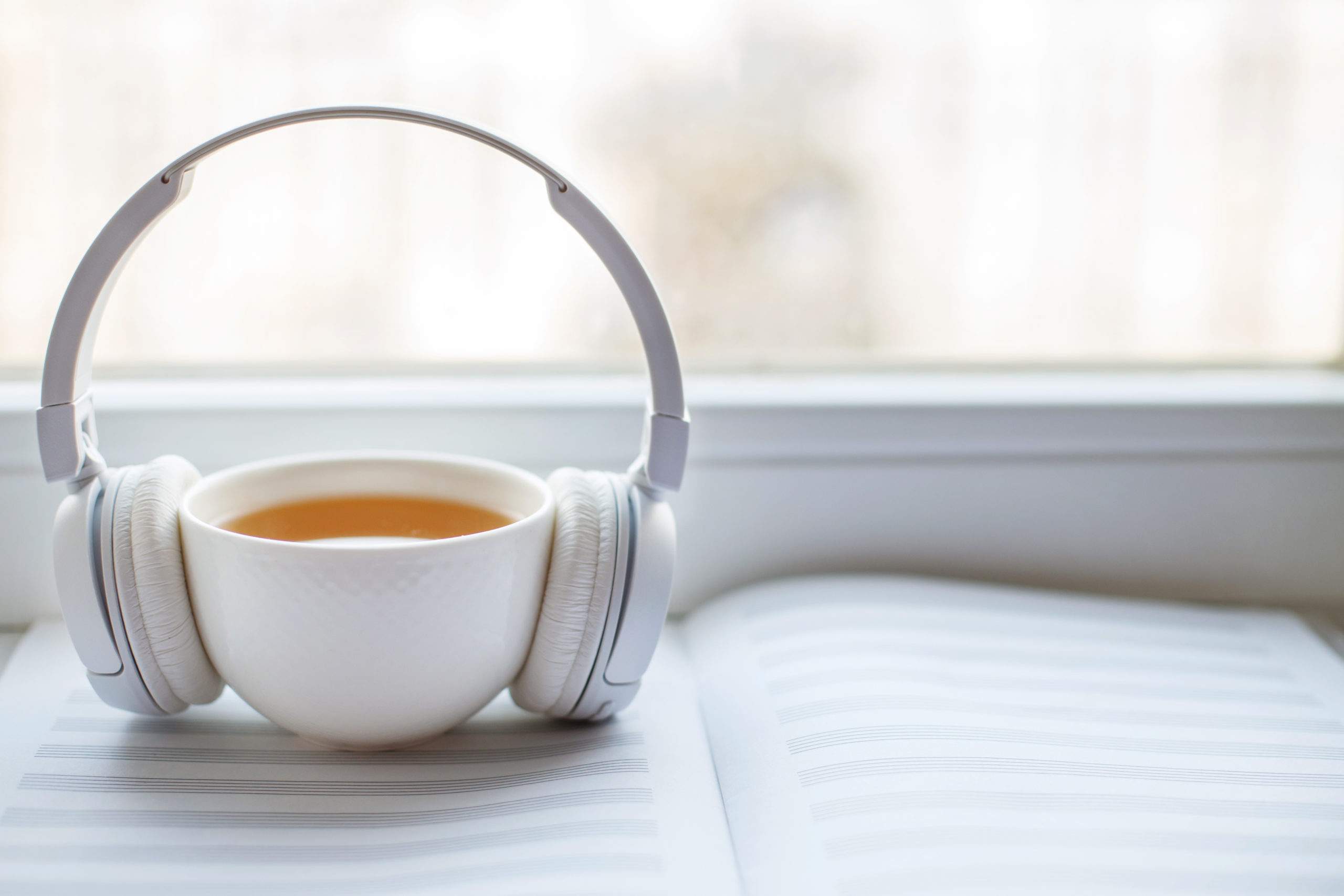For the span of three years, I began every morning to the tune of “It’s a Beautiful Day” by Michael Bublé as my morning alarm (I’m a bit of an eternal optimist). However, for the past four years I have reverted to the readily available alarms on my cell phone’s clock app, both out of the desire for change that accompanies listening to a song every morning for three years, and the ability to easily set my alarm before bed without much thought. By the start of my day at 7 a.m., I am met with either the abrupt sound of the buzzer, or (when I’m feeling adventurous) the wind chimes, which I assume are meant to encourage a soothing, gradual wake-up, but still seem to do the opposite.
Since the start of lockdown, I have been gradually working to develop a better morning routine—one that is motivating, limits my screen time, and encourages me to set goals for the day. I’ve been primarily focusing on the activities I perform throughout my morning, not putting much emphasis on what I had considered to be the smallest, potentially unimportant, pieces of my pre-existing routine.
However, as a new graduate student working toward a career in the field of sound studies, I’ve recently been encouraged to become more aware of my sonic environment and how I contribute to the soundscape. Through this awareness, and the effort to create a more meaningful and comforting morning, I have begun to reconsider how my morning alarm impacts my day. This interest sparked the beginning of my small, but mighty, research project.
What’s the Perfect Sound to Wake Up to in the Morning?
In order to find my perfect sonic start, I had to consider my thoughts and emotions with each new alarm sound I tested. I turned to journaling, which helped me to assess my emotions each morning. Following a few weeks of journaling, I’ve noticed a few key congruencies in my notes. First and foremost, the volume of my alarm impacted my mood almost instantly. I’m a light sleeper, and I have anxiety, so the loud alarm caused many mornings to be quite frantic and frightful. This small aspect of my morning, something I had never considered, was actually a cause of immediate tension and anxiety, mainly manifested through the tightening of my chest. Not only did this impact my body immediately, but in some cases, I found, I carried that tension throughout the day.
Secondly, I noticed the timbre, or the quality of the sound, to have a similar impact. When the sound was harsh, sudden, and disjointed, I had similar emotional responses of discomfort and unease. It’s as though I absorbed the qualities of harshness, which led me to approach my morning quite impatiently, without much mindful consideration.
Finally, the last overarching response that emerged was a disdain of repetition (something I had previously experienced with my overuse of “It’s a Beautiful Day”). I’ve noticed that the more often I hear the same tune as my morning alarm, the more annoyed the sound makes me. This is something you may have experienced when hearing a song on the radio played repeatedly; however, I had never considered my alarm to be in the same vein as a Top-40’s hit, pushing me to a similar point of frustration.
If we start our day with a loud and startling sonic blast, our tension tied to this experience becomes integral to our morning mood and routine.
All this to say, this experience has encouraged me to reconsider my morning from a sonic perspective. Stereotypically, the sound of a morning alarm is abrupt, loud, and quite harsh. If we start our day with a loud and startling sonic blast, our tension tied to this experience becomes integral to our morning mood and routine. However, perhaps a redesign of this morning alarm could have the opposite effect.
How to Mindfully Choose Your Alarm Sound
What would the response be if, instead of this abrupt awakening, you were met with pleasant sounds and a gradual increase in volume, slowly encouraging you to wake? The alarm then takes on a new role in your morning and the need for unnecessary stress is diminished. It’s no longer something that startles and jolts you out of slumber, but rather something that eases you into waking awareness.
My experience of course may not align with yours. So, while I ask myself some of these, it may be best for you to do your own sonic analysis of your morning alarm. Here are the steps I recommend:
- Take a moment to listen to your current alarm at this moment. Is it loud and abrupt? Is it peaceful? What sort of tonal quality does it have? Is it harsh, smooth, bright or cold?
- Consider your goals for a typical day—what you aim to do, and how you want to feel. Does this sound resonate with you and your morning goals?
- When designing your most pleasing alarm, consider some of your favourite sounds and aim to integrate some natural components. Perhaps the gradual increase of waves crashing appeals, or maybe your favourite song could be integrated. Some other sounds that could be more peaceful include rain, bird song, forest ambience, crickets, soft instruments, etc. With the advent of social media and streaming platforms, these forms of sounds or your favourite songs are readily available.
- Track your emotions and physical reactions to sonic cues. While experimenting with new morning alarms, I encourage you to spend the first five minutes of your day journaling about your experience waking up. By tracking your emotional and physical responses tied to this sonic cue, it can help you better understand how you are interacting with this piece of your morning. Some journaling prompts you may consider are: How was my sleep? How was my experience waking up? What did I enjoy or dislike about my alarm this morning? How did the alarm affect any emotional or physical responses? Keep a notebook beside your bed, so you can jot down some impressions before your feet even hit the floor.
The perfect morning alarm for you is out there—and believe me, it may take a few tries. Be open to constant revision and be aware of your feelings and bodily reactions to the soundscape you occupy, and soon you’ll be on the road to reclaiming your perfect sonic morning.
READ MORE
How to Create Your Own Morning Ritual
Nobody likes rolling out of bed only because you have to be somewhere. Shift into a more empowering routine by taking as little as three minutes to gently ease your mind and body into a new day, writes Pilar Gerasimo.
Read More
5 Simple Mindfulness Practices for Daily Life
Your day-to-day activities offer ample opportunities to call up mindfulness in any moment. These simple practices will breathe space into your daily routines.
Read More
Start Your Day by Connecting with Your Breath
20 Minutes: Tap into your capacity to be in touch the present moment, as it is.
Read More










